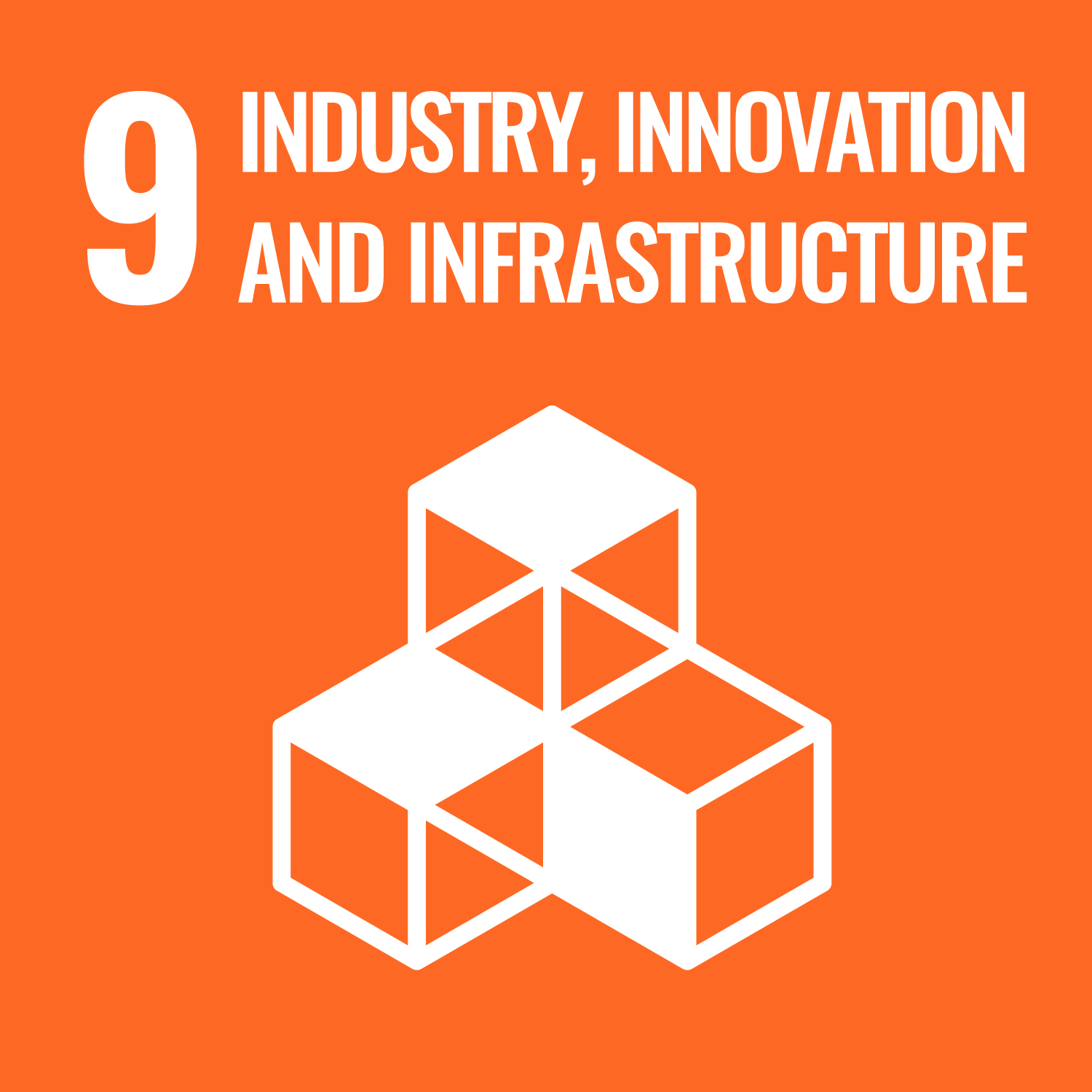SDG Detail
POLITICS 750 : International Relations and Human Rights
Postgraduate courseProject description
An analysis of how governments adopt and implement human rights norms, negotiate human rights treaties with other governments, interact with United Nations human rights institutions, and set up courts to try human rights violations. Includes domestic politics as they bear on international human rights issues.
Project aims
?
Project outcome
By the end of this course, students will be able to: To stimulate interest and provide background on topics that can be researched for Politics 737, Politics 780, Politics 789, and other research essays, dissertations and thesis. (Capability 1.3, 2.2, 3.1, 4.2, 5.2 and 6.1) To sharpen skills and deepen experience in efficient research, discriminating analysis, critical thinking, accurate writing, effective oral presentation, and human rights advocacy. (Capability 1.3, 2.3, 3.2, 4.1, 5.1 and 6.1) To orient students to and inform them regarding the origins, structures, processes, and political issues surrounding key international human rights institutions, including international human rights law, the International Bill of Rights, the United Nations Charter, the UN human rights bodies, the ad hoc international criminal tribunals, the International Criminal Court, and related institutions and events, and how these can be deployed in the enhancement of international human rights. (Capability 1.1, 2.2, 3.2, 4.3, 5.2 and 6.3) To alert students to the human rights aspects of their future career work in governments, international organisations, corporations, NGOs, media, teaching, and other professions. (Capability 1.2, 3.1, 4.3, 5.2 and 6.3)
Related SDGs
The corresponding sustainable development goals correlated with this project. You you click the icon to link to SDG category description page.









